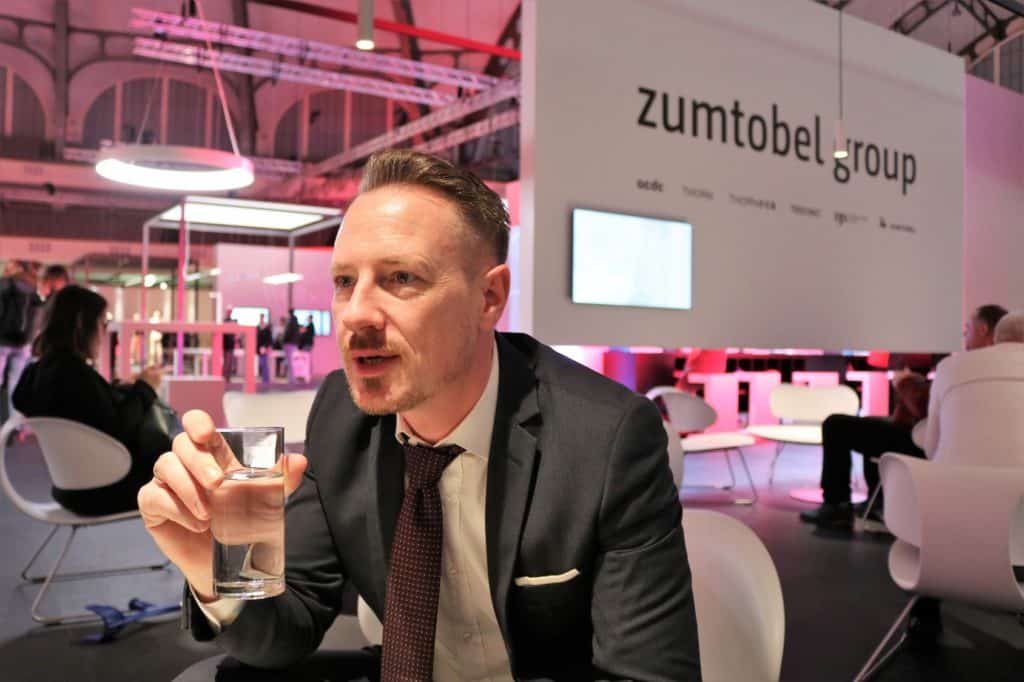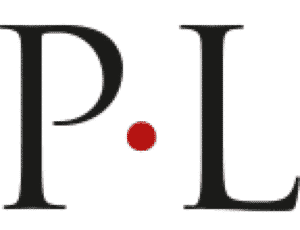Patent protection as a strategic instrument in competition
More and more companies use patents to keep a distance from competitors or to open up common markets by cross licensing. This raises both legal and practical questions, which patent law expert Christoph Jonas sheds light on exclusively for Digitorney.
Mr. Jonas, if we look around the “Light + Building” fair, we find LED again and again – a market, in which you have been working as a legal advisor for many years. What is the greatest future potential in this industry?
Jonas: The key feature is and will be the control technology, which allows e.g. to enable color temperatures filigree and also with which data can be gathered. The major providers are investing precisely here at the moment. Those who establish a know-how and provide innovative products, may have a strong competitive positioning in the long term. Because with pure LED production only low margins can be obtained. In order to achieve an innovative leap in the control technology, knowledge management is of importance. And in my opinion this is weak point with many companies.
What can and should be improved in knowledge management?
Jonas: In my counseling practice I often experience that those engineers who are involved in innovation rarely talk to each other – this is an issue in different industries. If, however, the knowledge, experiences and current status of an invention would be shared via a central data room, this might be extremely helpful for the innovative strength of a company. Here you can learn from Asian manufacturers who provide their know-how across divisions so that innovations are across divisions so that innovations are used in other fields, too. European companies should improve the digital networking of their internal silos in order to improve the innovative strength.
Improving innovation requires effective protection of intellectual property. How did digitalization affect the industrial property protection?
Jonas: The digitalization has made it possible to increase the innovation dynamics in many industries due to constant transfer of knowledge. Therefore, the state of the art will change faster and the product cycles become shorter. The result is a change in the purpose of patenting.

How?
Jonas: Originally, intellectual property served as a reward for particular intellectual work and its commercialization. Nowadays, this converts into a steadily protection of it´s own business area. More and more companies pursue the goal of obtaining a technological monopoly position through patent protection. Patents are used strategically more often to maintain a distance to competitors or to seal off particular niche markets.
But what happens in practice if two competitors with similar patents meet and none of the two can seal themselves off anymore?
Jonas: Of course, it may happen that two companies notice that they stand in the way of each other under patent law. Instead of long lasting processes, they often choose so-called cross-licensing. This is essentially a non-aggression pact under patent law through shared use of licenses. In this way they can seal off together.
Is cross-licensing not problematic in terms of antitrust law?
Jonas: Yes, this can sometimes be a problem. That is why it should be considered within the license contract whether a dominant market position will be created in the relevant market by crosslicensing. Here patent-related, competitive and contractual advice intertwine.
What happens if the holder of a patent already has a monopoly position and nobody can develop something new without his patent?
Jonas: Attorneys then speak about “standard-essential patents“. They are based on a know-how to which everyone should refer compulsively in order to develop a patent. We are familiar with such constellations e.g. of the pharmaceutical industry where a particular inhibitor is necessary for the development of vaccines. Because without it the vaccine cannot be developed and so-called FRANDlicenses are granted, in other words the holder of a standard-essential patent for the inhibitor is legally obliged to offer the usage to every market participant on the basis of fair and equal conditions.
Apart from that, how can patents be used strategically?
Jonas: Patents are occasionally used to find out further details about a competitor´s product. As a result, action is brought for patent infringement and is argued that there are findings where the defendant makes use of the teaching of the patent in claim. Therefore, the defendant has to explain why he does not infringe the patent – and reveals technological details which are not publicly known. The reason for this is based on the Judicature Act and the Civil Procedure.

Will the Düsseldorf Proceedings become a market standard?
Jonas: The procedure was developed by the Higher Regional Court of Düsseldorf and to date only used by them. If it prevails, we will see. Within patent law the principle of itinerant tribunal applies, which means that the claimant can also bring an action in other courts. But there is the possibility that the defendant suggests the use of the process before other courts as well.
Mr. Jonas, as an attorney you deal with patents on a daily basis. What challenges do the developments you described bring on for an external consultant?
Jonas: If an external consultant is intended to contribute to the improvement of knowledge management and the strategical usage of patents, interdisciplinary thinking and working is crucial. In order to give new impulses, you have to look beyond your own area of expertise and work out the knowledge at all levels of the company: with engineers, marketing experts, attorneys and the executive board. Additionally, there needs to be a clear understanding of the company strategy and competitive situation. That is what makes the job demanding and exciting at once.
About the author

Christoph Jonas specializes in the implementation of industrial property rights (mostly patents, trademarks and designs). more information! Find out more!
Interview details
Spurce: Digitorney
Publication date: 02.02.2020

